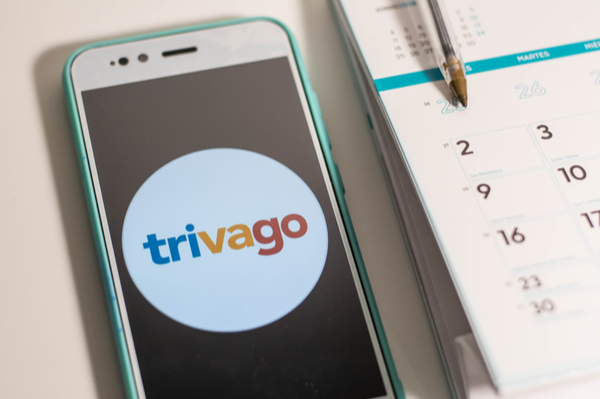Why Trivago helps its staff to start their own businesses
 The travel search engine gives staff access to resources and flexible working to boost their entrepreneurial skills
The travel search engine gives staff access to resources and flexible working to boost their entrepreneurial skills
Entrepreneurial passion is a core value at the offices of online travel bookings service, Trivago. As a young start-up that has seen tremendous growth in the past 10 years, Trivago wants its employees – or ‘talents’ – to understand what it takes to build a business.
Trivago encourage its staff to pour 100% into their projects. So when someone has a passion project, a side gig, or a fledgling idea, it does its best to encourage and support them on their journey.
EMPLOYEES START THEIR OWN BUSINESSES AT TRIVAGO
One such talent is content manager Katherine Sparshatt, who started her own furniture label while working at Trivago, and has just made velvet cocktail chairs for the new Trivago tech campus in Düsseldorf. Using evenings and weekends to work on her own small business, Katherine draws on her experience in areas such as digital marketing and web design, as well as the skills of the employees around her. Designers, developers, strategy experts, photographers, creative minds and copy editors have all had a hand in helping her to create something to be proud of.
Senior business leaders are certain that the spirit of sharing skills and openness at Trivago boosts entrepreneurial thinking in the workplace, and enables employees to succeed both professionally and personally.
HOW TO MOTIVATE EMPLOYEES
“It is important to find people that are not externally, but internally motivated. It all starts with creating the right kind of environment, and realising that you can’t make people work,” explains Rolf Shrömgens, MD and co-founder of Trivago.
FLEXIBLE WORKING AT TRIVAGO
Like many tech companies of the Silicon Valley mould, Trivago already offers its employees a unique work-life balance that benefits those who want to start a business. Perks include unlimited holidays, flexible working hours, access to courses and training, a yearly four-day team building holiday, and the opportunity to spend up to one month a year working in the Trivago villa in Palma de Mallorca.
The philosophy behind flexible working hours is a simple one. Trivago views the 9am-5pm job as a product of the Industrial Revolution, when workers on a production line needed to work a certain amount of hours each day on the factory floor to get the job done.
In the digital age, Trivago describes this as an ‘archaic and inefficient’ mode of working. It believes it is better for employees to work optimal hours with a high level of concentration, than long days with less motivation.
SET YOUR OWN HOURS
For Katherine Sparshatt, the ability to set self-determined working hours might mean a quick meeting at the bank in the morning, or leaving early to go and view a chair prototype. She gets her work at Trivago done in the evening or a Saturday morning.
The chair designer is one of many working in this way. There are talented employees who play in orchestras in their spare time and might need to leave early to join a rehearsal; individuals creating websites and apps that offer services or products, and those pursuing sporting or artistic goals that see Trivago both as a mentor and a means to pay the bills.
Its philosophy is this: Don’t kill the passion in your workers. Ignite the spark and they, in turn, will reward you with determination, dedication – and a goal-driven, entrepreneurial attitude. Do you agree?
Katherine Sparshatt is a content manager at Trivago and founder of luxurious accent chair brand Lynda Sparshatt.
Image: Shutterstock

Press & Media Enquiries
For more information or to request interviews, contact CMI's Press Team on 020 7421 2705 or email press.office@managers.org.uk


